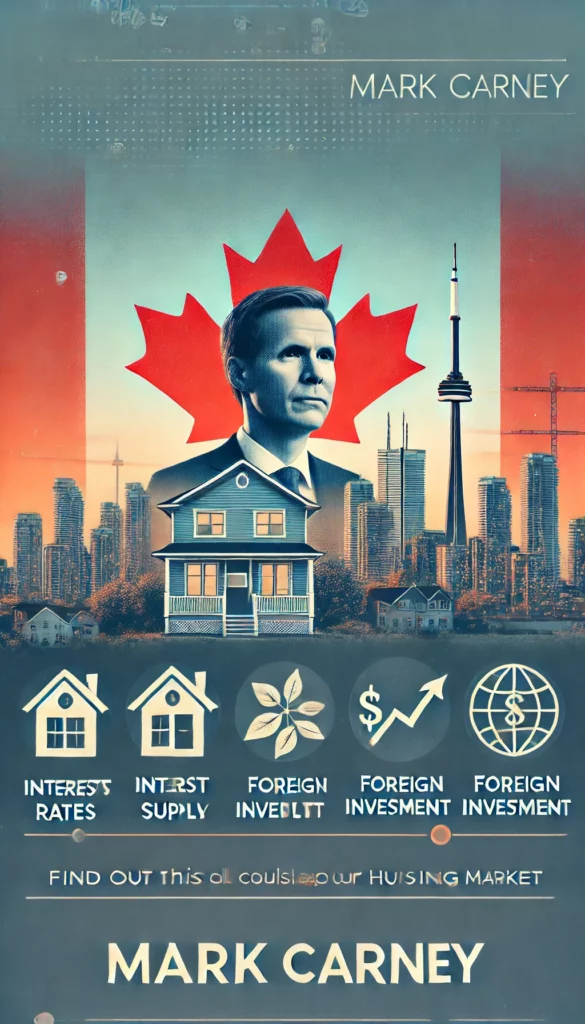Richard was interviewed by Aaron Broverman of TorontoStoreys.com about his career as a real estate agent and government intervention in Toronto real estate market. You can find the whole story here.
Richard Silver, former president of the Toronto Real Estate Board and senior vice-president at Sotheby’s International Realty Canada, was named one of the top 100 most influential people in real estate — oh, and he once danced with Ginger Rogers.
Richard Silver is the senior vice-president of sales for Sotheby’s International Realty Canada and a former president of the Toronto Real Estate Board in 2011. An expert in international real estate as a certified international real estate specialist, he is the former founding president of the Asian Real Estate Association of America – Toronto Chapter and was named one of the “100 Most Influential People in Real Estate” by Inman News in 2013.
A former song and dance man who once performed with Ginger Rogers, now Silver lends his expertise to leading Sotheby’s Torontoism team. On his mind? How Toronto will never be a world-class city as long as its infrastructure doesn’t grow with its population, and why rent control doesn’t really work to reel in housing prices.
How did you get involved with real estate?
Back in 1979, I bought my first house. I was working with an agent who was OK, but then I met an agent who was dynamite and showed me what I wanted in the first afternoon. I was very, very impressed. I was in a career that was very physical. I was a performer, but that same month I hurt my hip, so I couldn’t really do shows. I just decided that in the next break between performances I would take the real estate course. I eventually got my license and in the first month of selling real estate, I made the same money I had made as a performer for the whole year.
What attracted you to the industry?
I’ve always liked houses and I like the fact that you need to be self-motivated.
A lot of people think they won’t have any boss, but the reality is, the number of bosses you have is the number of clients you have. Everybody wants your time, so you have to be there, but you have to provide for everybody.
You have to be very disciplined, you have to be out there connecting with people and it’s all about your relationship with them. It’s a great business to be in.
As the president of the Toronto Real Estate Board in 2011, what was it like getting such a big picture of the city’s real estate market?
You learn a lot. That’s the wonderful thing about being on the Toronto Real Estate Board and about being a director. You learn a ton of stuff about what’s happening in the marketplace. You’re the first one to see the statistics before anybody, you notice the changes and you also get a view of the whole city. Even though it’s called the Toronto Real Estate Board, it’s basically responsible for a lot of sales in the whole GTA.
Can you recommend changes to the city’s municipal government if you’re noticing negative real estate impacts?
You can and they’re very political and it doesn’t mean they’re going to listen to you. You’re always wondering what they want. Part of the problem with the city we’re in right now is there’s a lot of “not in my backyard.” Everyone wants a world-class city. They all want world-class restaurants, sports and entertainment, but they want it to take place in a city that existed 10 or 15 years ago.
We need better transportation and an easier way of approving buildings. Right now, the process in Toronto as it stands is way too long. From the minute a developer buys a property and works through development until it’s actually finished, you go through a lot of stuff that’s redundant.
In Toronto you have the Committee of Adjustment, but you also have the Municipal Board, so it’s like having a mom and a dad. If you can’t get what you want from the mom, you go to the dad.
So the process is too wrapped up in bureaucracy?
It is and longer. They should set some guidelines for each year. Right now, what happens is there are guidelines, but the parents are the perfect analogy. You can go to the mom and the mom says, “No, no we can get you a little bit bigger,” so it keeps on setting new goals.
I know there are a lot of misconceptions about working with a realtor, why do you think that is?
Part of the problem is, just like any field, you’re always judged by your weakest link, so a lot of people judge realtors based on bad experiences with agents who did not act properly. It’s like anything. If I was getting someone to work on my house, I would make sure I did my due diligence, I checked and saw whether they had good references, I would ask people who worked with them before what their reaction was and I would search online. These days you can go online and find out a lot of information. You want a realtor who’s going to act in your best interest. Often times, I’ve blown people away because I say, “I don’t think you should be doing this.” I don’t think you should be buying right now, I think you should be renting right now and in the future.”
You can’t be afraid to tell people your thoughts and it’s important for clients to realize, realtors are there for the long term.
What do you think are the issues that will have the biggest impact on Toronto’s real estate industry in the future?
I think one of the biggest things is always net immigration. In other words, there’s always the drive for people to sell out and move to another area that’s less expensive. But, at the end of the day, the question is are there more people moving to the city than leaving it? You also have the issue of mortgage rates and do prices, because of financing, get out of whack? It’s difficult enough as it is with mortgage rates at two to three and a half percent, but can you imagine those rates going up to five or six percent? How would people be able to afford it? Those are the things that are most concerning. The other thing is
if we want to be a world-class city, we have to invest in things like transportation: subways, roads and bridges. The reality is we’re in this place, there’s not a lot of space — we can go up, but there’s not a lot of space to go out and all the services we have need to be improved.
Aren’t more and more people moving back to the city these days anyway?
Yeah because they don’t want to have to drive into the city all the time. They want to be able to work downtown and have their family downtown. I think we’re going to start seeing larger apartments and more rentals. It will be like New York where people rent in the city and buy in the country because they can’t afford the city. I think you’re going to start seeing larger apartments or smaller ones with three bedrooms rather than just the one.
You’ve been at this a long time. How can realtors become one of the top producers you hear about like yourself?
You have to be prepared to make changes and not stay static with any of your business goals. There are times when there’s new technology, so you have to try the new technology and see if you can make your business more efficient. With the influx of foreign buyers are you going to stay in a very restricted world or are you going to reach out to the foreign buyers? Are you going to have people on your team that speak multiple languages? Are you going to make changes? I think that’s really important. I speak English and French and now I am taking classes in Mandarin. I’ll never speak it, but at least I’ll be able to understand more just to get by. Also, it’s just a sign of respect.
Do you think the province of Ontario and the city of Toronto are doing enough to control housing prices?
I don’t know that you can control housing prices. We were already seeing a lot of people backing off from multiple offers and becoming afraid of the high prices. I get concerned whenever I see government intervention. We had rent controls once before and rent controls have a tendency to stop builders from building rental properties and then you end up with a shortage of rental properties, which drives the rents really high. It’s very popular and everybody likes that they can now get low rents, but what they don’t realize is down the road if rents are not increasing but every other cost is, people who own rental properties are going to go, “This is ridiculous. Why am I doing this? I’m not even covering my costs.” This stops people from building purpose-filled rentals. What they should’ve done is incentivize builders to build purpose-filled rentals.
SK00SK



